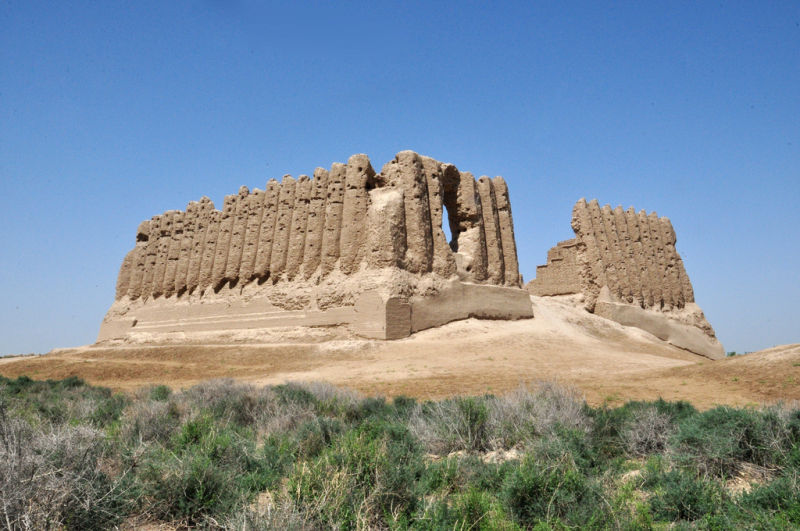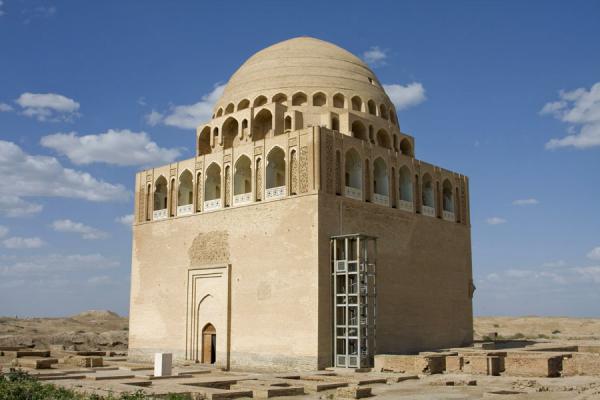Merv - An Ancient Silk Route Oasis In Central Asia
In the age of fast forward movement about everything, it is only worth stay for a while and look back. When you start looking back you get to know and see footprints of amazing things and amazing places that existed on this planet. Of course there were plenty of such places which have little yet wonderful sites left for anyone to see and go to the memory lane of early civilisation. So in this article we will see one almost 4000 year old city and its ruins in Turkmenistan, Central Asia. This city is Merv which despite oldest history has been preserved well. As a tourist you will enjoy going through the age old ruins here and will come back with plenty of memory to cherish with. Historical silk road saw many cities along with it in the past.
Merv was a major oasis city in Central Asia located near today's Turkmenistan. The oasis of Merv in the Karakum Desert, was at the crossing of the Amu Darya river on the main east-west caravan route to Bukhara and Samarkand. Merv is probably the oldest city along the silk road which has been preserved well. This city's origin is prehistoric and archaeologists say that many traces of village life here dates as far back as the 3rd millennium BC. Lot of historical fact goes around this city. From time to time one or the other dynasty or empire had this city and at times with different names as well. Once it was a part of Alexander the great empire. Merv reached was best developed in the Seljuk period, especially during the government of Sultan Sanjar during 1118-1157, who made it the capital of his empire. Merv was then a world class centre of science, education and culture, attracting astronomers and mathematicians such as Omar Khayyam. Once one of the most important cities of Islam and a vibrant commercial centre, Merv was slaughtered by Mongols in 1220s.
From Arab occupation to Turks and Mongols in early times to Uzbeks in 16th century, Merv was occupied and was destructed slowly when entire population of the city and the surrounding oasis of about 100,000 were then deported in several stages to the Bukharan oasis and the Zarafshan Valley. Marvis (Merv people) survive today and through 1980s they were listed as Iranis in Soviet Census. Now they are found in Samarkand and Bukhara and in the area that lies between or on Zarafshan river.
Merv today is collection of ruined cities. Several digs have taken place here since 1890 when first dig was done by Russians. Today ancient Merv is a large archaeological park which includes remains of thousands years BC centres on this place like Kelleli, Adji Kui, Taip, Gonur, and Togoluk, Yaz/Gobekli Depes and Takhirbaj Depe and historic urban centre like Abdullah Khan Kala. The Merv Archaeological Park today holds an area of more than 1,000 hectares. There are five separate, adjacent cities. Merv was rightly declared a World Heritage site in 1999. Merv over a period of time consisted of few walled cities very near to each other. These cities were constructed on uninhabited land by builders of different eras, used, and then abandoned and never rebuilt. These few cities basically 5 are Erk Gala, Gawurgala, Soltangala, Shaim Kala and Abdyllahangala. The walls of the post medieval city are of exceptional interest, because they showcase remarkable evolution of military architecture from the 5th century BC to the 15th-16th centuries AD.
There are also major monuments from different historical periods in the oasis. Among them one must be mentioned which is the Koshks, one of the most characteristic architectural features of the oasis, fortresses and many fine mosques and mausolea. So here you can check out mostly unexcavated sites which will take you through 4000 years of history. Then, stop by the cities of Merv for a taste of Turkmenistan’s station on the Silk Road. With a Turkmen guide here you can enjoy the ruins of this ancient and other walled cities here which contains enough elements to make your eyes open as wide as possible.Also Read
http://www.dookinternational.com/blog/black-and-red-sand-two-deserts-of-central-asia/classical-islamic-architectures-in central asia
Recent Blog
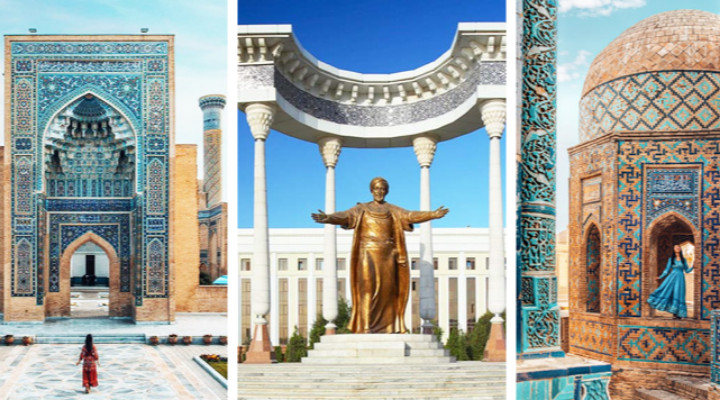
24 Jun
Travel ![]() Admin
Admin ![]() Coments (8)
Coments (8)
11 Best Uzbekistan Cities to Visit on Your Next Holiday
Uzbekistan is a hidden gem of Central Asia. This emerging tourist destination is home to stunning ar...
Read More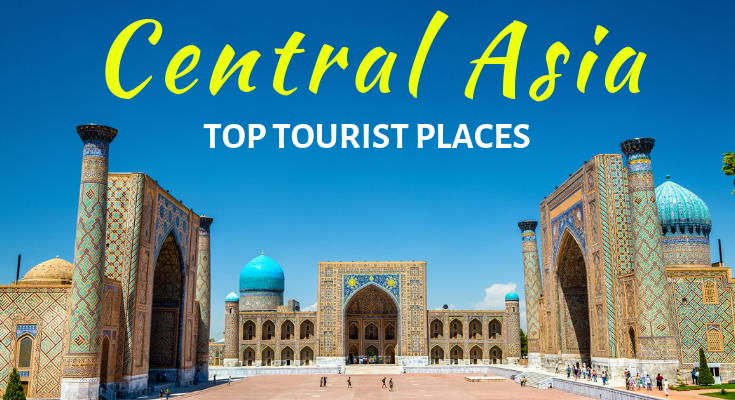
24 Jun
Travel ![]() Admin
Admin ![]() Coments (8)
Coments (8)
22 Top Places to Visit in Central Asia
Central Asia consists of stans mainly These countries are Kazakhstan Uzbekistan Kyrgyzstan Turkmenis...
Read More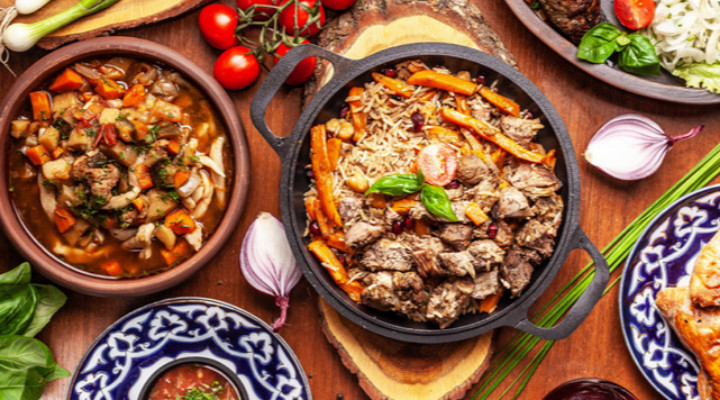
24 Jun
Travel ![]() Admin
Admin ![]() Coments (8)
Coments (8)
10 Traditional Uzbekistan Food & Cuisine You Must Try
Uzbekistan may be synonymous with awe-inspiring Islamic architecture, wealthy history, or natural be...
Read More
24 Jun
Travel ![]() Admin
Admin ![]() Coments (8)
Coments (8)
10 Georgian Food & Cuisine You Must Try Once in a Lifetime
If you are in Georgia or traveling to this country, you don’t have to think about food because you w...
Read More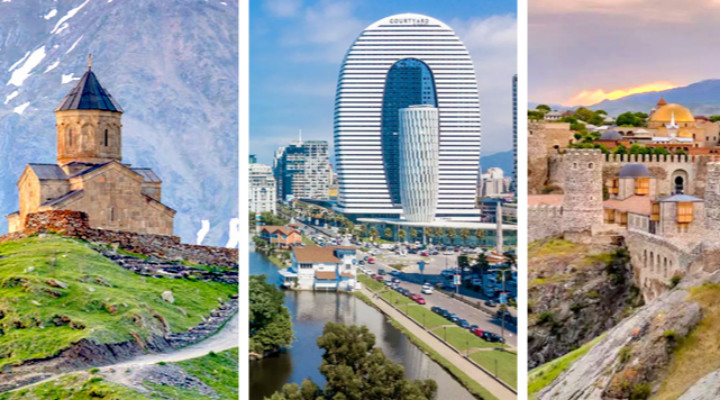
22 Jun
Travel ![]() Admin
Admin ![]() Coments (8)
Coments (8)
15 Best Cities in Georgia to Visit
Georgia is a land of stunning landscapes, welcoming culture, incredible mountain ranges, vibrant cit...
Read More
18 Jun
Travel ![]() Admin
Admin ![]() Coments (8)
Coments (8)
10 Traditional Kazakhstan Food & Dishes to Try
Kazakhstan’s cultural richness, vast deserts, geographical diversity, stunning attractions, and awe-...
Read More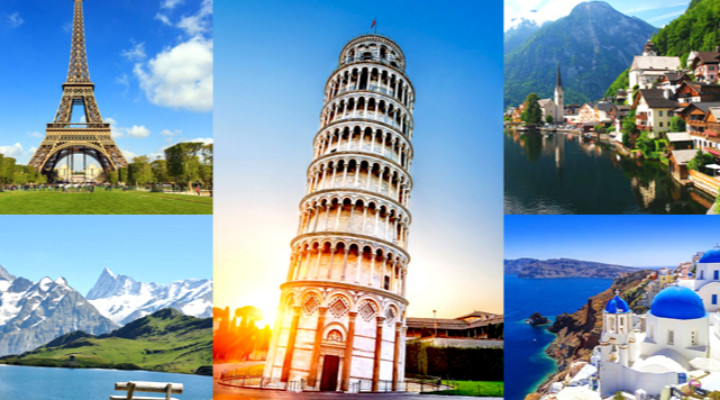
17 Jun
Travel ![]() Admin
Admin ![]() Coments (8)
Coments (8)
35 Best Countries to Visit in Europe
Loaded with pretty places, lovely landscapes, impressive historical sights, cultural landmarks, and...
Read More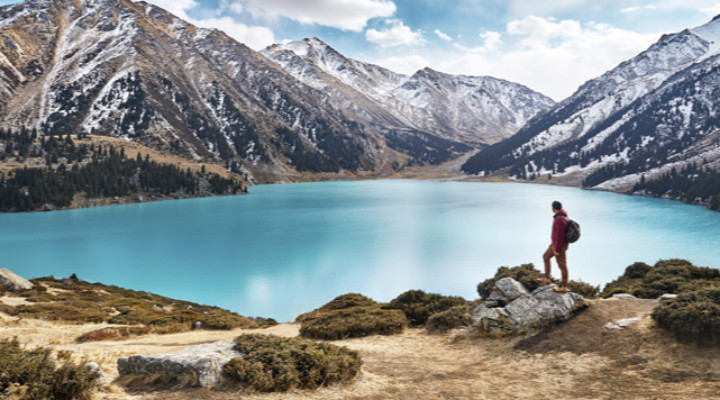
17 Jun
Travel ![]() Admin
Admin ![]() Coments (8)
Coments (8)
10 Best Cities in Kazakhstan to Visit
Kazakhstan, the ninth-largest country, covers vast areas of treasures that are yet to be discovered....
Read More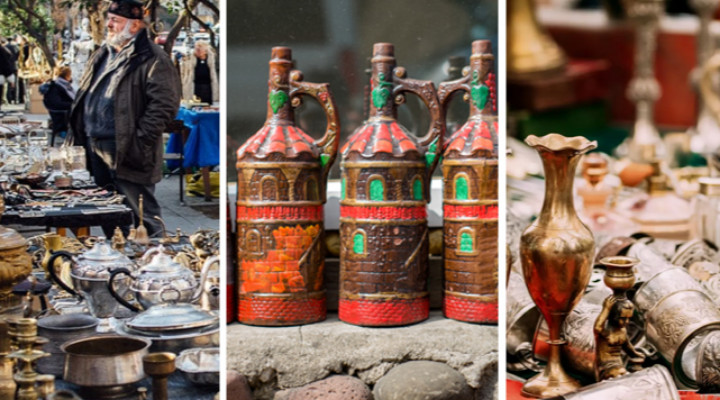
16 Jun
Travel ![]() Admin
Admin ![]() Coments (8)
Coments (8)
Shopping in Georgia Tbilisi - 10 Best Shopping Centres & Malls
Georgia is a place of wonders, and nothing can deny the fact that there are so many things to enjoy....
Read More
15 Jun
Travel ![]() Admin
Admin ![]() Coments (8)
Coments (8)
15 Traditional Russian Food & Cuisine to Try
Food is the gist of every vacation. No trip can be fully enjoyed without trying the delicious cuisin...
Read More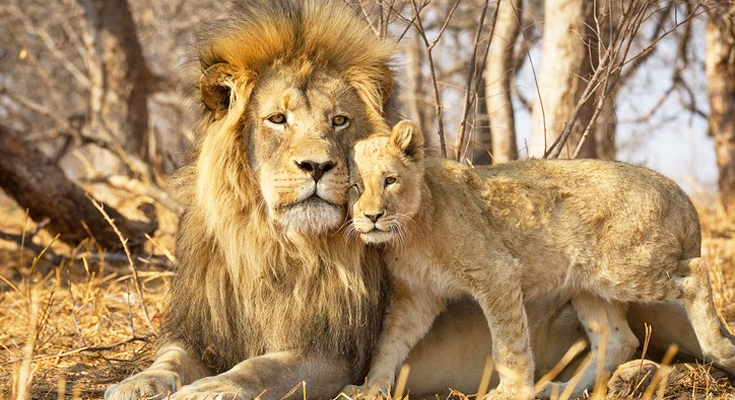
15 Jun
Travel ![]() Admin
Admin ![]() Coments (8)
Coments (8)
10 Best Game Reserves in South Africa
There isn't much that South Africa can't provide visitors with The Kruger's private reserves offer t...
Read More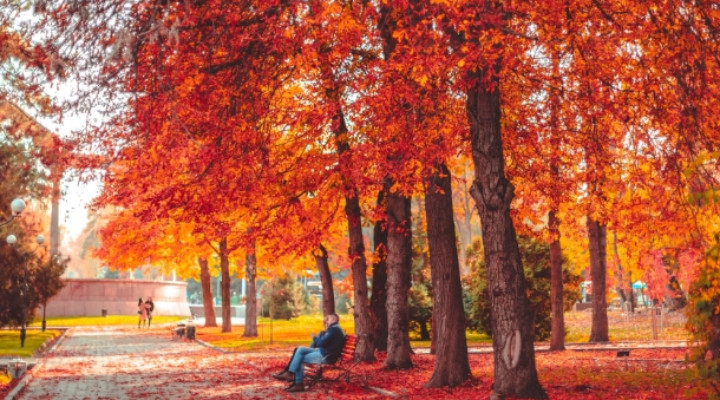
15 Jun
Travel ![]() Admin
Admin ![]() Coments (8)
Coments (8)
Best Time to Visit Kyrgyzstan for the Ultimate Adventure
Kyrgyzstan is an unmatched destination that you must visit. Before heading here, you should check ou...
Read More
12 Jun
Travel ![]() Admin
Admin ![]() Coments (8)
Coments (8)
Shopping in Almaty & Kazakhstan - Top 10 Malls & Places
Every vacation’s last goal is to shop for something to take back home. No matter where you are trave...
Read More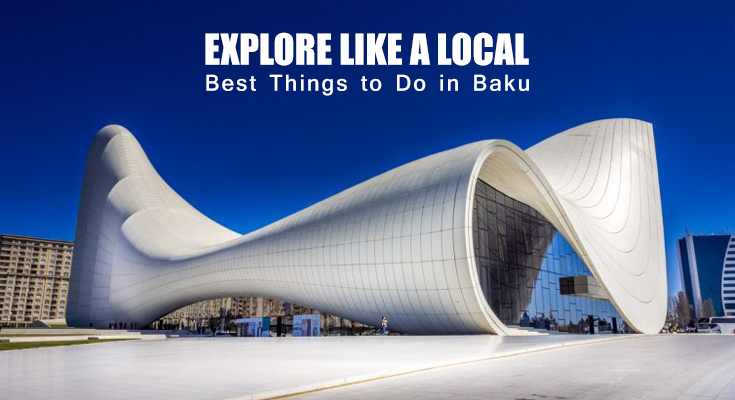
09 Jun
Travel ![]() Admin
Admin ![]() Coments (8)
Coments (8)
28 Best Things to Do in Baku Azerbaijan
Baku is the capital city of Azerbaijan This beautiful city is located on the shores of the Caspian.....
Read More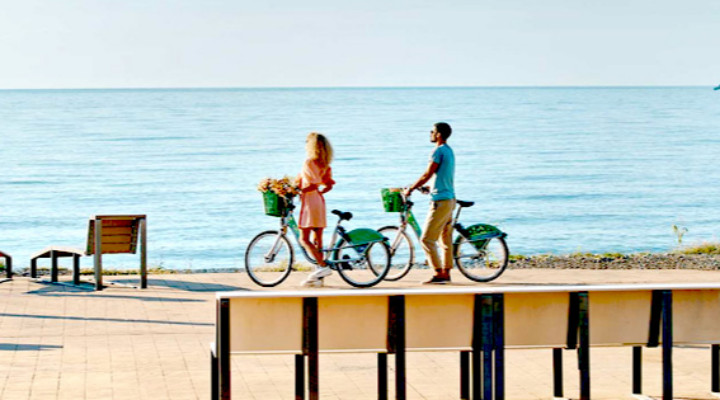
09 Jun
Travel ![]() Admin
Admin ![]() Coments (8)
Coments (8)
10 Popular Beaches in Batumi that You Must Visit
Batumi, the Georgian capital, is a place of many things. It is a leading holiday destination in Geor...
Read More
06 Jun
Travel ![]() Admin
Admin ![]() Coments (8)
Coments (8)
15 Kyrgyzstan Food & Cuisine You Can't Miss
Kyrgyzstan is a place of wonders, and its cuisines are one of them. Kyrgyzstan is known for its noma...
Read More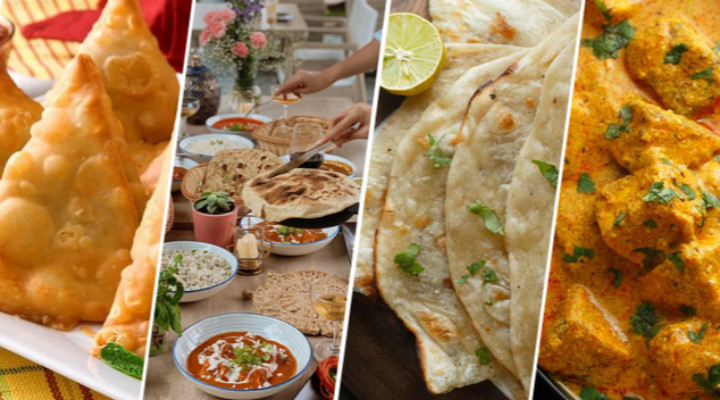
05 Jun
Travel ![]() Admin
Admin ![]() Coments (8)
Coments (8)
10 Best Restaurants in Almaty & Kazakhstan
Kazakhstan has always captivated tourists with its spectacular landscapes, surreal attractions, swar...
Read More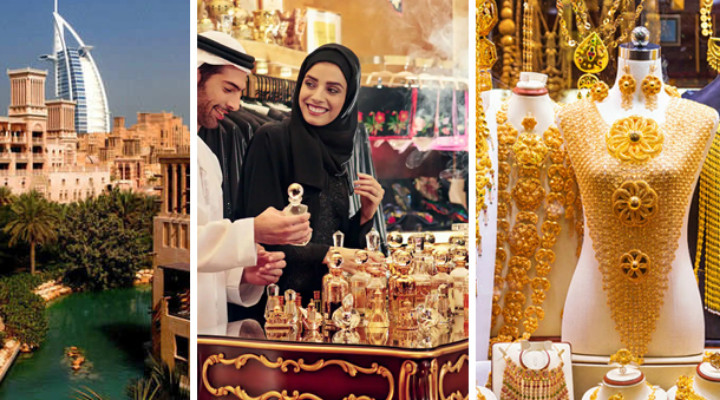
05 Jun
Travel ![]() Admin
Admin ![]() Coments (8)
Coments (8)
Shopping in Dubai - Top Dubai Shopping Malls & Centres
Dubai is known for many things, and shopping is the most prominent among them all. Shopaholics can e...
Read More
03 Jun
Travel ![]() Admin
Admin ![]() Coments (8)
Coments (8)
10 Prominent Places for Shopping in Russia that You Shouldn’t Miss
Russia has so much in its bucket for travelers. And unique shopping experience is no exception to th...
Read More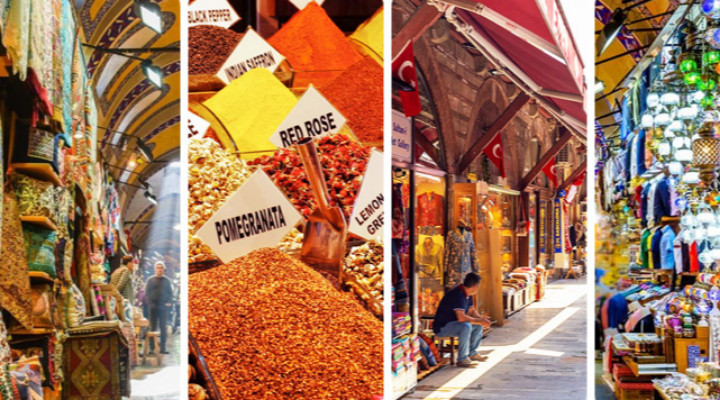
01 Jun
Travel ![]() Admin
Admin ![]() Coments (8)
Coments (8)
10 Best Places for Shopping in Turkey You Must Visit!
No matter where you are heading for a vacation, bringing gifts home is a loving practice. Your famil...
Read More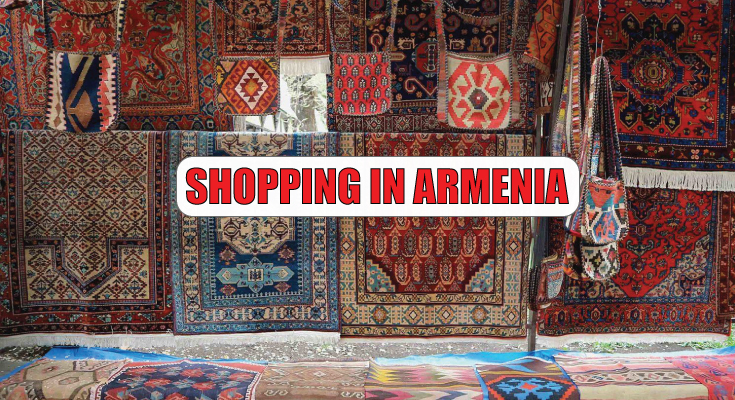
30 May
Travel ![]() Admin
Admin ![]() Coments (8)
Coments (8)
Shopping in Armenia: All the Unique Things You Can't Miss in Yerevan
No trip is complete without shopping You want to bring something back with you from your trip that.....
Read More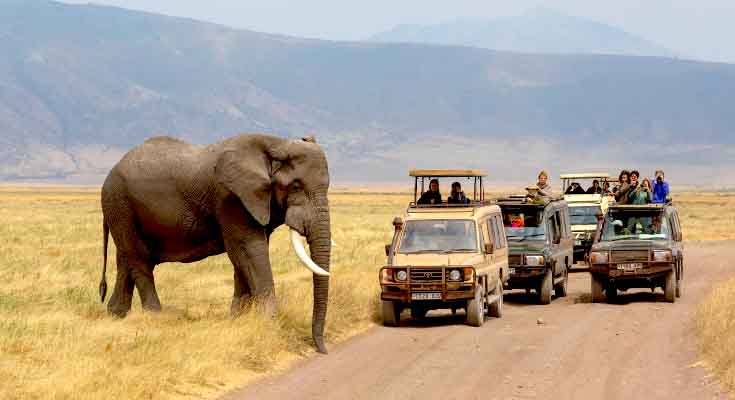
30 May
Travel ![]() Admin
Admin ![]() Coments (8)
Coments (8)
20 Best Places to Visit in Africa
One of the most captivating places on earth is the African continent It's no doubt difficult to sele...
Read More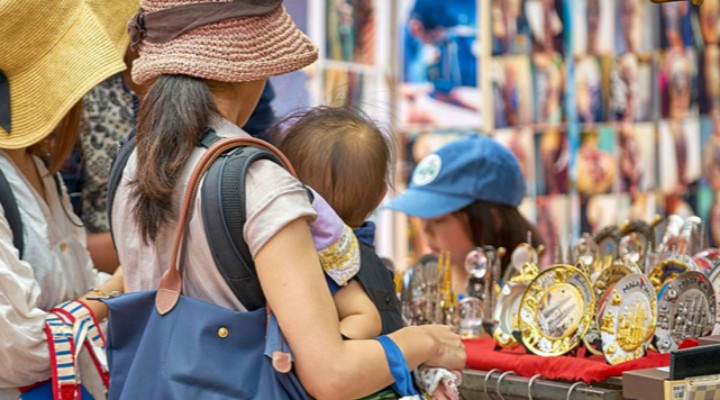
30 May
Travel ![]() Admin
Admin ![]() Coments (8)
Coments (8)
Shopping in Uzbekistan: A Heartfelt Experience for Travelers
Uzbekistan is a country rich in cultural scenes, Silk Road history, stunning architecture, and vibra...
Read More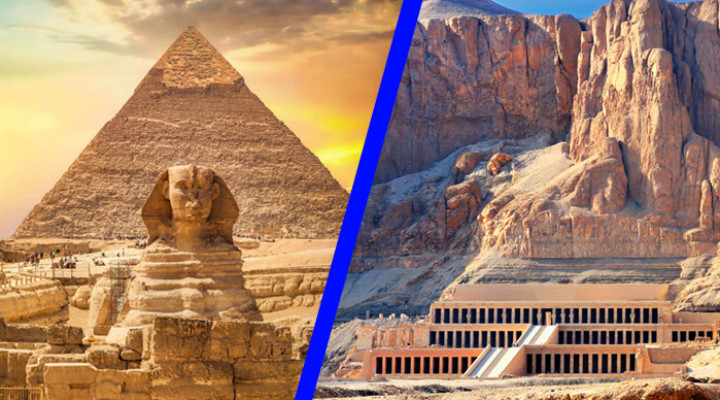
30 May
Travel ![]() Admin
Admin ![]() Coments (8)
Coments (8)
Best Time to Visit Egypt: Everything You Should Know!
Egypt is an iconic tourist destination that offers an unmatched mix of ancient wonders, rich culture...
Read More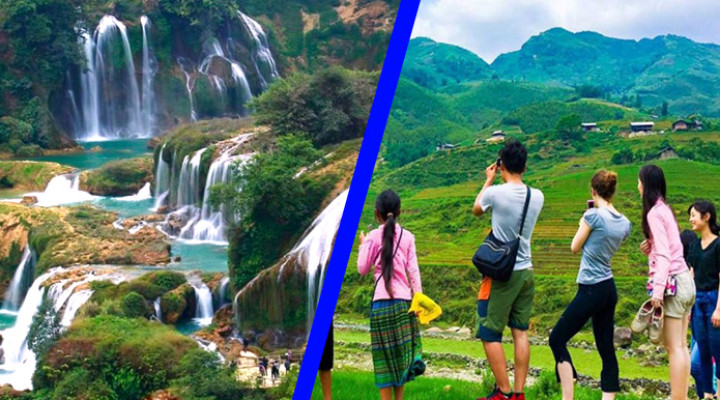
29 May
Travel ![]() Admin
Admin ![]() Coments (8)
Coments (8)
Trekking in Sapa: What You Need to Know
Sapa, a town in the Hoang Lien Son Mountains, is one of the most famous trekking destinations in the...
Read More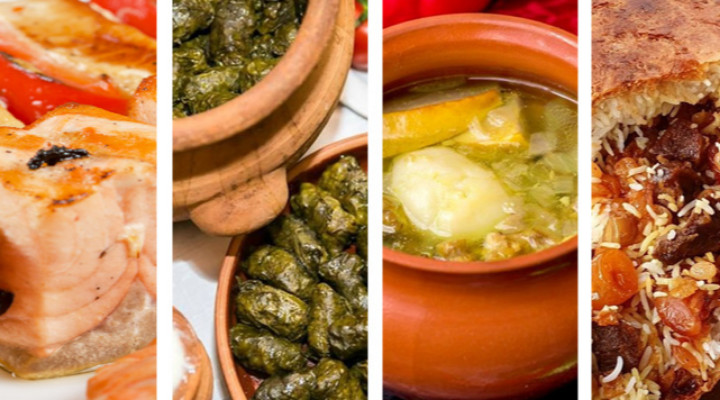
29 May
Travel ![]() Admin
Admin ![]() Coments (8)
Coments (8)
Azerbaijan Food: Top 10 Cuisine You Have to Try
Everything about Azerbaijan is extraordinary, including its culinary heritage. Azerbaijan cuisine se...
Read More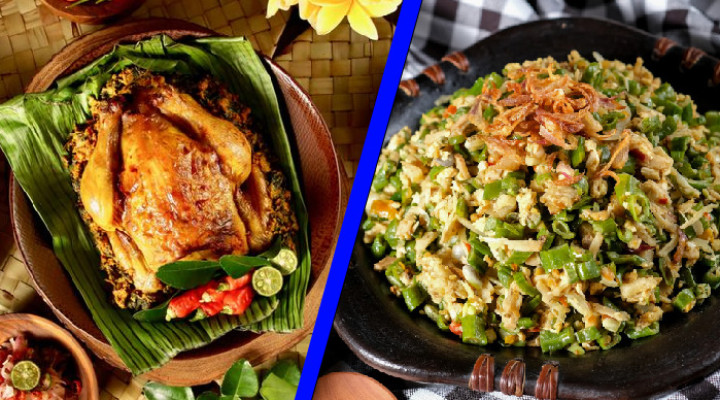
23 May
Travel ![]() Admin
Admin ![]() Coments (8)
Coments (8)
Bali Food & Cuisine: Discover the Essence of Balinese Taste
Besides the beaches and rice terraces, Bali has a mouthwatering culinary heritage. Bali food scenes...
Read More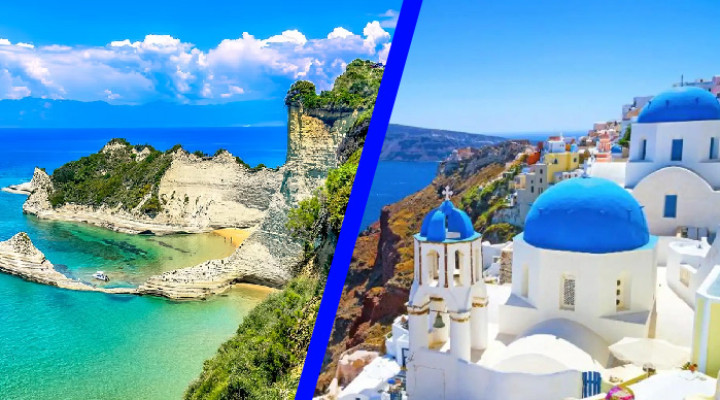
21 May
Travel ![]() Admin
Admin ![]() Coments (8)
Coments (8)
Best Cities in Greece to Visit for Stunning Coastal Views
Greece, the dreamy wonderland, is among the most beautiful destinations to visit in the world. Every...
Read More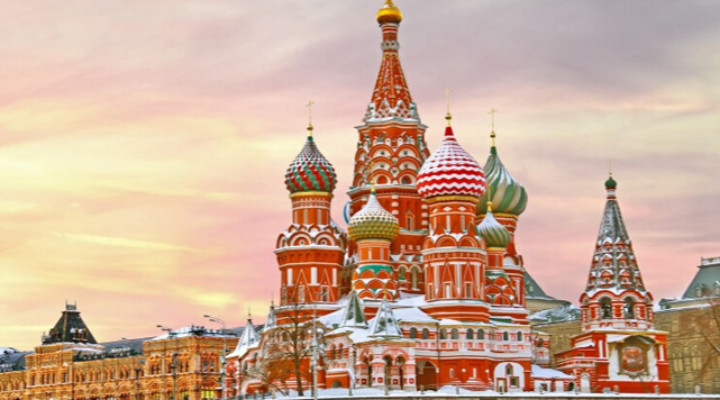
21 May
Travel ![]() Admin
Admin ![]() Coments (8)
Coments (8)
15 Best Cities to Visit in Russia
Russia, the grandest country on the map, has many elegant and beautiful cities radiating with vibran...
Read MoreBook With Confidence
![]() Hassle-free booking and best price guaranteed
Hassle-free booking and best price guaranteed
![]() 24/7 support available
24/7 support available
![]() Hand-picked tours & activities
Hand-picked tours & activities
![]() Free travel insurance
Free travel insurance
